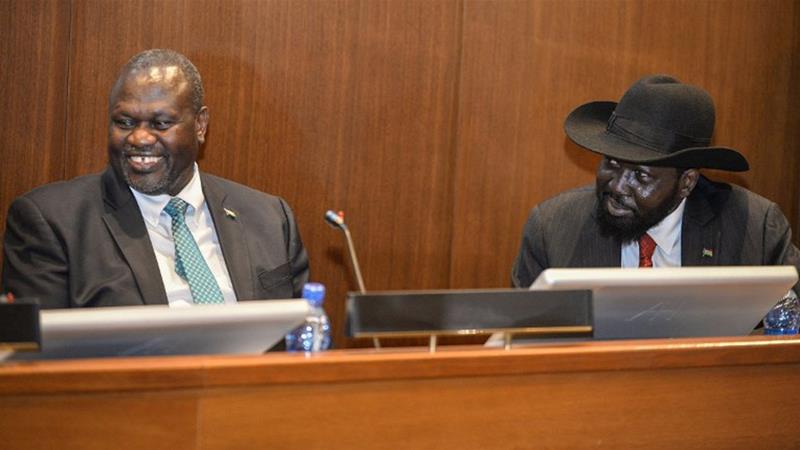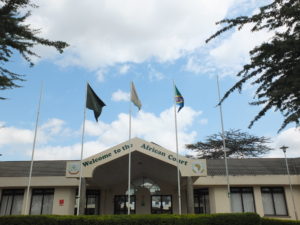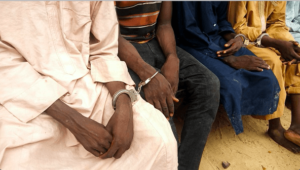By Kylie Mason
Impunity Watch Reporter, North America
TALLAHASSEE, Florida– On Wednesday, October 10th, 2018, what has been deemed the worst category 4 hurricane to hit the Florida Panhandle area in twenty years, devastated the communities in its path. Hurricane Michael touched down in Mexico Beach, Florida on Wednesday morning and has run to areas in Georgia, North Carolina, and South Carolina. The 155 mph winds destroyed homes, caused over 900,000 buildings to lose electricity and eliminated all access by road. Massive flooding has damaged homes and displaced property hundreds of miles from the owners.

Since the severity of the storm has decreased, the United States Coast Guard have begun the slow process of search and rescue. Overnight, the Coast Guard has performed 10 missions to save 27 different people. As of present, 6 people have been found dead due to the debris that storm has caused. As crews throughout the state attempt to clear the roads blocked with thousands of fallen trees, officials are urging people to stay off the road. Residents of the area were told to stay in their rescue shelters and not return to home, which may not be there any longer.
One group of individuals at the forefront of the search mission are those individuals who were not able to evacuate pursuant to the warnings by public officially of the state. Due to a lack of socioeconomic ability, many residents of the Florida area officials to leave their homes. Additionally, those individuals who cited a lack of anywhere else to go, or lack of ability to go to a rescue shelter also stayed within their homes during the storm.
As of now, there has been no comment by the Florida government concerning the state of these individuals. Additionally, the Trump administration has not commented on the state of those displaced individuals.
No reports have been given regarding the number of residents affected by hurricane Michael, or how many residents have been relocated to temporary shelters. As there has been no solidified estimates of possible trapped, injured, or dead persons, there has been little information regarding the rescue efforts designed to target these specific populations.
As the Coast Guard and local rescue services continue clearing roads for emergency services to enter into more remote areas, the total individuals injured or dead increases.
For more information, please see:
BBC News – Monster Storm Mauls US South-East – 11 October 2018
New York Times – Search and Rescue Begins Amid Ruins of Florida Coast – 11 October 2018



